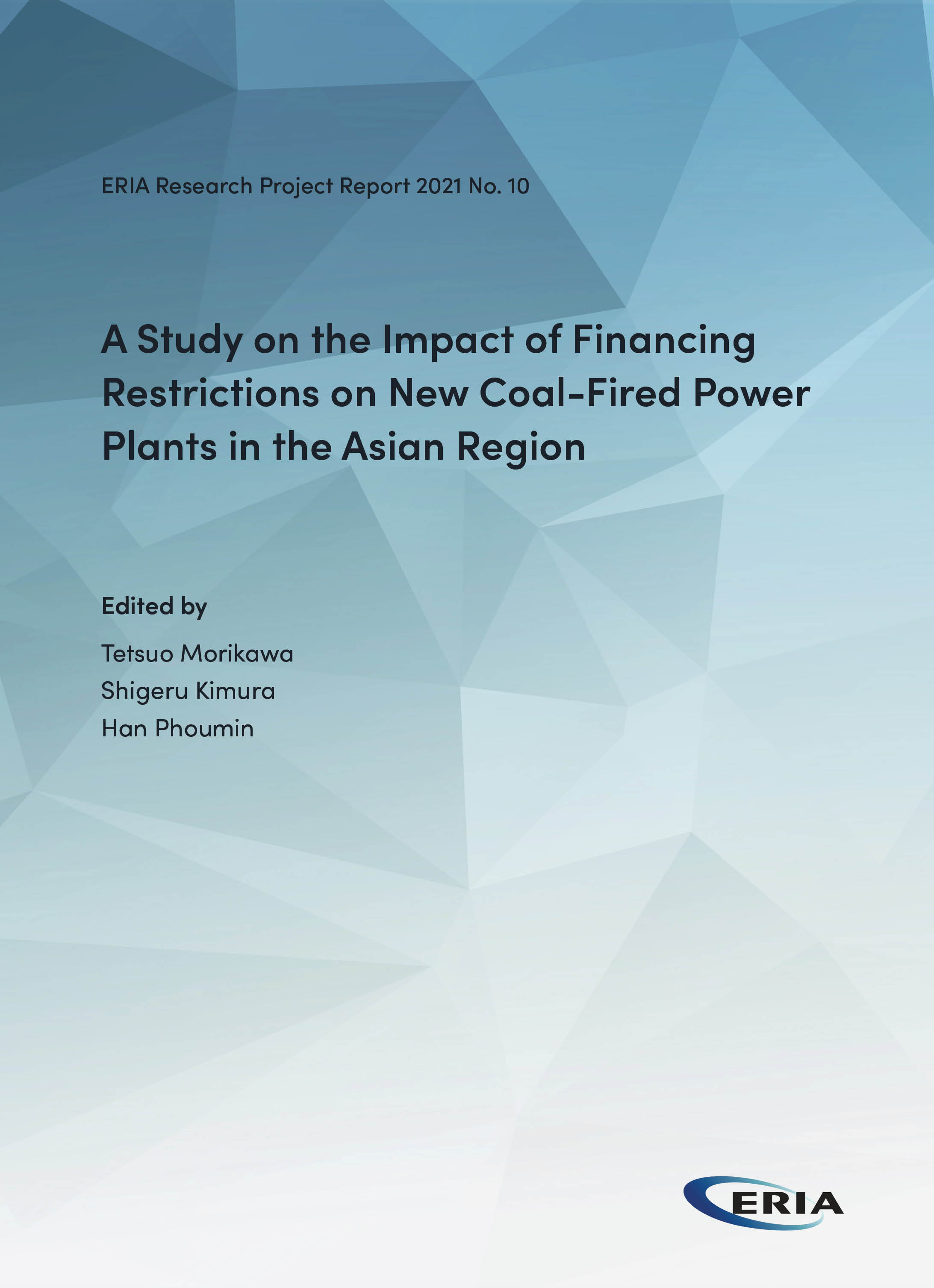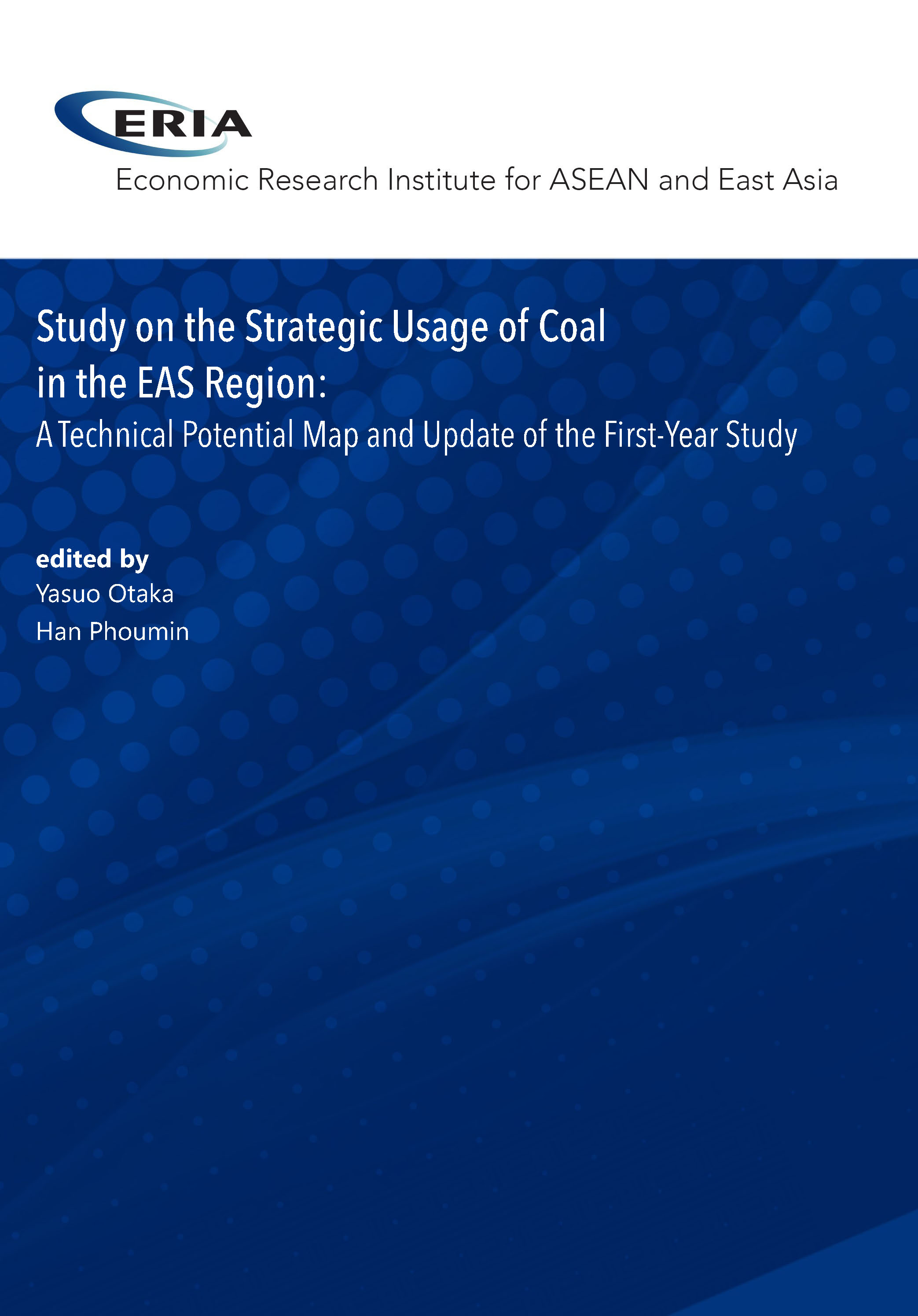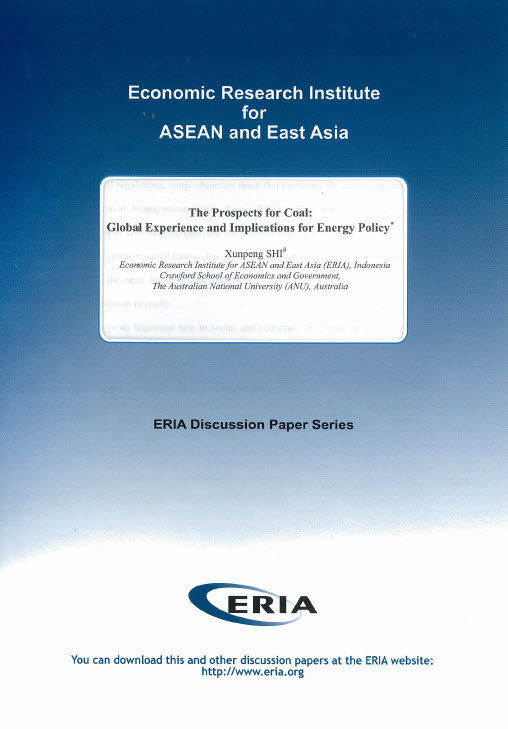A Study on the Impact of Financing Restrictions on New Coal-Fired Power Plants in the Asian Region

Date:
27 July 2021Category:
Energy, Environment and Climate ChangeType:
Research Project ReportsTags:
East Asia, Energy, Environment and Climate ChangePrint Article:
The study on financial restrictions on coal-fired power is timely and of crucial importance for providing Asia’s leaders with a view of how to support ASEAN’s energy transition in line with a global trend of addressing climate change, and while coal still plays a significant role in the power mix. Countries in Asia will see CO2 emissions continue to rise in the foreseeable future as coal remains in use for energy security in the region. Without coal power, there would be a huge increase in gas demand that the world liquefied natural gas (LNG) system could not absorb. It is important, therefore, that the countries of the Asian region balance economic efficiency, energy access, energy security, and the environment in their respective energy policies. Relatively developed countries like Malaysia and Thailand are on a track towards lower dependency on coal. But India, Indonesia, Myanmar, the Philippines, and Viet Nam still need low-cost electricity like coal-fired power generation to support economic growth. Therefore, financing of efficient ultra-supercritical (USC) coal power plants and clean coal technologies like integrated coal gasification combined cycle (IGCC) should continue, but less efficient plants should be excluded from coal financing. The remaining emissions should be tackled by carbon capture, utilisation, and storage (CCUS) in the context of Asia’s energy transition towards carbon neutrality.
Full Report
A Study on the Impact of Financing Restrictions on New Coal-Fired Power Plants in the Asian Region
Contents
Chapter 2-Coal in the Seven EAS Countries
Chapter 3-Power Outlook in the Seven EAS Countries
Chapter 4-Impact of Coal Divestment




